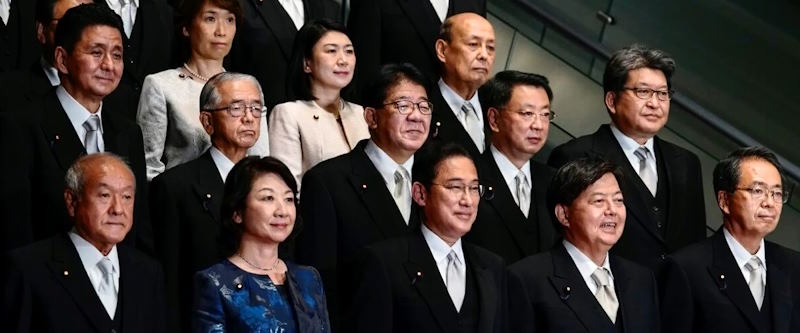Home » Asia's Dynamic Economies » The Tapestry of Socio-Cultural Influence on Economic Cooperation in Asia
The Tapestry of Socio-Cultural Influence on Economic Cooperation in Asia

In the intricate landscape of Asian economies, socio-cultural factors—ranging from historical ties and cultural exchange to societal norms—play a profound role in shaping economic relations. These factors influence cooperation, trade, investment, and partnerships across the diverse tapestry of nations in the region. Leveraging cultural diversity strategically presents opportunities for fostering deeper economic ties and mutually beneficial collaborations.
Impact of Cultural Exchange and Historical Ties
Cultural exchange and historical ties significantly influence economic cooperation within Asia. Centuries-old cultural connections have fostered trust, understanding, and shared values as a foundation for economic relationships. For instance:
Silk Road Heritage
The historical Silk Road, once a network of trade routes, reflects the long-standing cultural and economic ties between Asian nations. This historical connection continues to influence modern trade and collaboration.
Cultural Similarities
Shared cultural values, religious affinities, and traditions among nations foster a sense of camaraderie, facilitating communication and partnership in economic endeavors.
Societal Norms and Economic Relations
Societal norms, traditions, and social structures also impact Asian economic relations. Respect for hierarchy, the importance of relationships and personal connections (guanxi), and emphasis on collective harmony influence business practices and negotiations. These norms often guide decision-making processes and shape how economic agreements are formed.
Examples of Socio-Cultural Influence on Economic Relations
Business Etiquette
Understanding and respecting cultural norms regarding business etiquette, such as bowing in Japan or exchanging business cards in China, are crucial for successful economic engagements.
Language and Communication
Language barriers can hinder effective communication. Speaking local languages or using interpreters can enhance trust and facilitate negotiations.

Cultural Festivals and Events
Cultural festivals and events provide opportunities for networking, fostering relationships, and initiating business collaborations.
Strategies to Leverage Cultural Diversity
Cultural Sensitivity
Understanding partner nations’ cultural nuances, norms, and traditions is critical. Training and cultural exchange programs can cultivate sensitivity and foster mutual respect.
Building Personal Relationships
Emphasizing personal relationships and investing time in building rapport and trust can be key to successful business interactions.
Promoting Cross-Cultural Understanding
Encouraging cross-cultural training and diversity in the workplace fosters an environment of inclusivity and openness to diverse perspectives.
Customizing Business Practices
Adapting business strategies and practices to align with cultural norms and preferences of partner nations enhances receptiveness and collaboration.
You may also like
About
Discover the narratives that define the global economic stage. From diplomatic dialogues to trade partnerships, our blog unveils the stories behind economic development and international relations.































